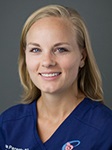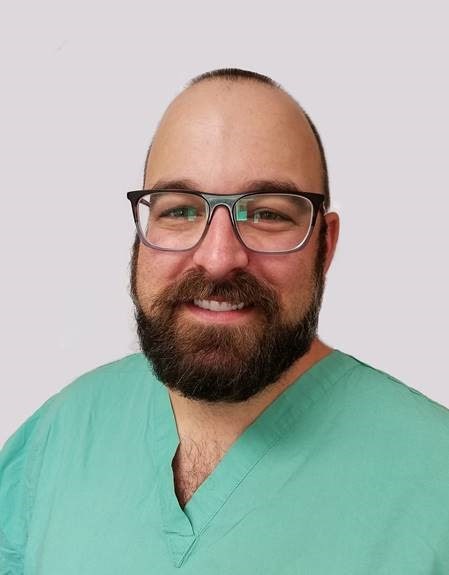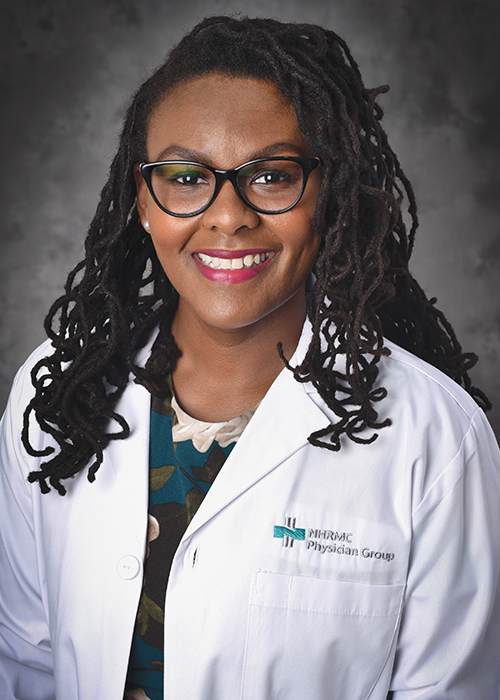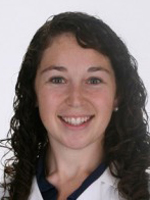

Joe Pino, MD, FAAP, FACP
Director of Wilmington Campus
The UNC School of Medicine opened the Wilmington Campus in March 2016. Though the branch campus was new at the time, Wilmington has been successfully teaching UNC medical students for decades. UNC School of Medicine students may choose to spend all of their Application Phase and most or all of their Individualization Phase at the Wilmington Campus. Three students began the inaugural class, followed by four students the subsequent year. Since then, the campus has grown steadily, now the home of 18-24 Application Phase students with typically 60-75% remaining for Individualization Phase.
In addition to completing core clerkships, students have various longitudinal opportunities as they become available, including but not limited to obtaining a scholarship to complete a Leadership Certificate Program and participation in Pregnancy Centering Care Teams. Students are also given the flexibility and support to complete a quality improvement project in an array of specialties, obstetrics and gynecology, surgery and medicine. The Wilmington Program follows the same curricular structure as the Central Program, which is comprised of four courses that integrate medical specialties.


Director of Wilmington Campus


Internal Medicine, Associate Campus Director


Director of Student Services


Student Placement Program Coordinator


Student Placement Program Coordinator


Student Placement Program Coordinator


Campus Advisor




Director, Individualization Phase and POCUS Education


General Surgery
Surgical Critical Care


Medicine


Neurology


Health Equity Liaison


Pediatrics


Obstetrics and Gynecology


Family Medicine


Psychiatry


SHS4 Course Director


Emergency Medicine
Care of Specific Populations Course (MTEC 301, 15 credit hours)
The Care of Specific Populations Course (CSP) is comprised of three blocks: ObGyn, Pediatrics and Psychiatry. During these blocks you will participate in care of women, children and patients with psychiatric illness in both inpatient and outpatient settings. Each block is 5 weeks long. Assessments for the Pediatrics and Psychiatry blocks will be incorporated into the respective 5 week time period. The final week, Week 16, will be spent preparing for and taking final assessments for the ObGyn block including shelf exam and OSCE.
CSP Learning Objectives: Coming Soon
Hospital, Interventional, and Surgical Care Course (MTEC 302, 15 credit hours)
The Hospital, Interventional, and Surgical Care Course (HISC) is comprised of Adult Inpatient Medicine Block and Surgery Block. The Adult Inpatient Medicine Block is comprised of clinical experiences on inpatient adult medicine services (general and specialty services). The Surgery/GYN Block is comprised of clinical experiences on the various general surgery services and surgical subspecialty services.
HISC Learning Objectives: Coming Soon
Community Based Longitudinal Care Course (MTEC 303, 15 credit hours)
The Community Based Longitudinal Care Course (CBLC) course is a 16-week longitudinal experience based in outpatient settings The weekly structure includes three primary care clinical days, one self-directed learning day, half a day of time dedicated to quality improvement, and half a day for curriculum or other learning.
CBLC Learning Objectives: Coming Soon
Social and Health Sciences 4 (MTEC 304, 3 credit hours)
Social and Health Sciences 4 is a year-long course, meeting once monthly, that provides a forum in which students can reflect upon and discuss their clinical experiences from various perspectives.. The course includes three component content areas: Foundational Science, Population Health, and RICE (Critical Reflection, Inter-professional Education, Communication Skills and Ethics).
SHS4 Learning Objectives: Coming Soon
All campuses adhere to the same assessment structure and grading standards. Each course has a Course Committee comprised of the course’s directors, site directors, and a representative for academic assistance. A Course Committee meets at a course’s midpoint to provide formative feedback and its conclusion to determine final grades.
Grading Standards
All Application Phase courses, with the exception of Social and Health Sciences 4 Course, use the following grading standards that rely on a 100 point scale. Passing is defined as scoring greater than 2.5 SD below the mean on final score calculation. Students who fail will be required to retake the full course. Of students who meet this criteria, Honors/High Pass/Pass will be awarded using the following guidelines.
Narrative comments should include general comments on student performance as well as specialty specific comments to include in the MSPE.
Grade Breakdown and Assessments
All Application Phase courses, with the exception of the Social and Health Sciences 4 Course, use the following grade breakdown:
*Any student who scores 2.5 SD below the mean on any of the key assessments, indicated above with asterisk, or who demonstrates difficulty with professionalism will be reviewed by the Course Committee for remediation or possible failure.